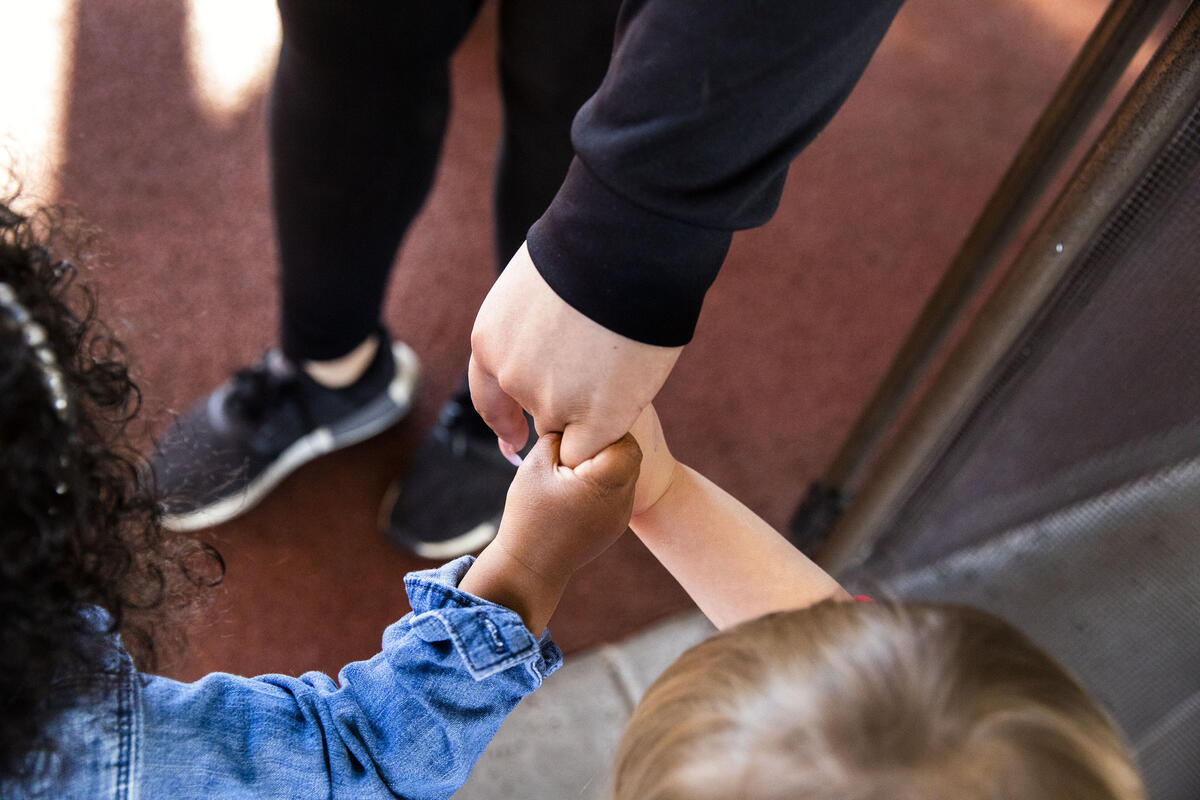Early detection and treatment of autism can have invaluable lifelong effects. In Southern Nevada, though, families may have to wait months – or even years – for their children to receive diagnoses and therapies for autism spectrum disorder (ASD).
“The greatest barrier to care is that there simply aren’t enough qualified professionals to provide it,” says Joseph Morgan, chair of the Department of Early Childhood, Multilingual, and Special Education in UNLV’s College of Education. He cites that four of the five counties in Southern Nevada (Esmeralda, Lincoln, Mineral, and Nye) have zero practitioners. In Clark County, which has more than 100, there are still thousands of children with autism on waitlists for assessment and treatment.
A recent gift from MGM Resorts International will help UNLV address this staggering need. The funding allows the College of Education to develop new programs to markedly boost the number of Board Certified Behavior Analysts (BCBAs) qualified to help children with autism and their families.
One of the greatest stumbling blocks to BCBA certification is the 2,000 hours of supervised fieldwork it requires, according to Stephanie Gerow, associate professor in Early Childhood, Multilingual, and Special Education.
“Participating in internship placements is challenging for many of our students, who may be full-time CCSD teachers, or balancing other jobs with families,” Gerow explains. “They definitely have the will to become practitioners, and many have already completed their academic coursework, but their fieldwork options are very limited. They just can’t make it work financially or logistically.”
With MGM Resorts International’s support, the college is developing innovative programs designed to increase the diversity and flexibility of mandatory BCBA internships.
Partnering with the Grant a Gift Autism Foundation - Ackerman Center, the UNLV/CSUN Preschool, UNLV’s CREW Disability Center, and telehealth services, the programs are being modeled to provide future practitioners with a broader base of experiences in a variety of community settings.
“We’re striving to eliminate barriers for graduate students who want to help children with autism,” Gerow says. “We know that if we increase the number and diversity of skilled practitioners, we can provide life-changing services to families in Southern Nevada.”



